Learner Engagement: Behavioral, Cognitive, & Affective
Experiencing eLearning
DECEMBER 17, 2019
That’s part of behavioral engagement. Behavioral engagement. Behavioral engagement is the actions and behaviors people take during learning, which may support or hinder learning. Different researchers have identified different behaviors as showing engagement, but this one seems relevant for workplace elearning.

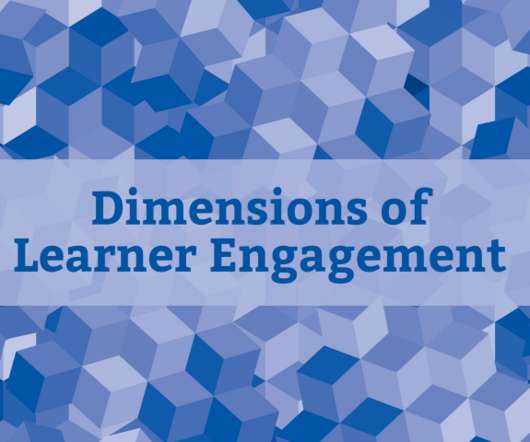
















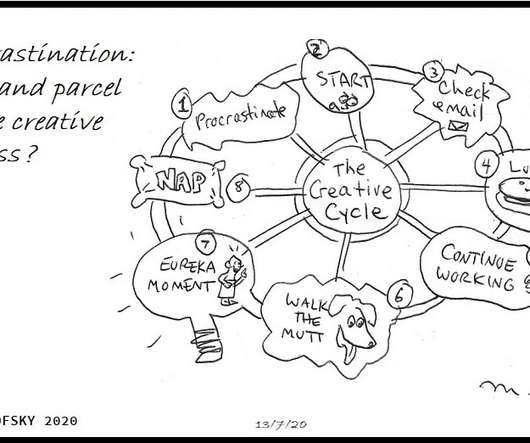









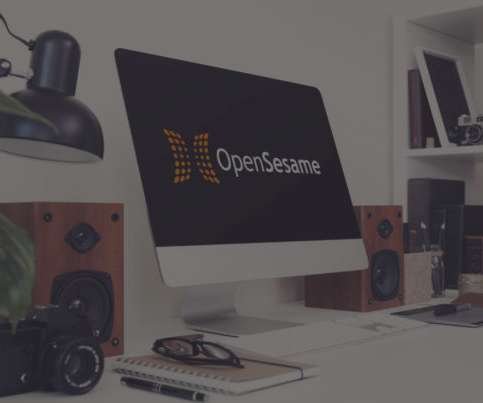




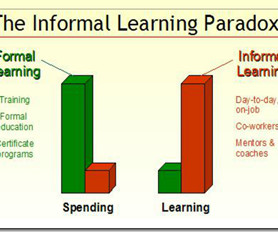

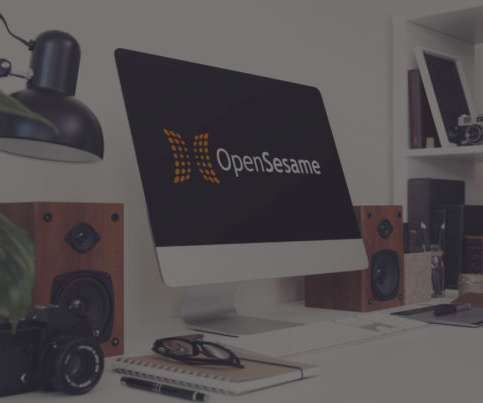












Let's personalize your content